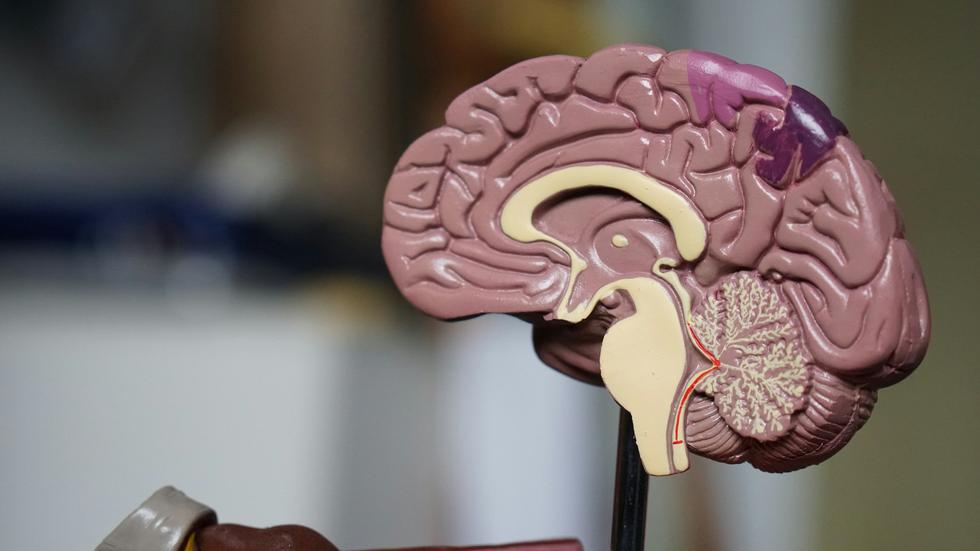Quick version
The communication between the brain and the pituitary gland is central for the body's hormonal balance. The hypothalamus acts as an information center and sends instructions to the pituitary gland to release specific hormones.
Hormones produced by the pituitary gland and their functions-
Endorphins: Natural pain relievers and mood enhancers released during various physiological and emotional states, promoting well-being and reducing stress.
-
Growth hormone: Crucial for the growth of children and adolescents and influences metabolism throughout life.
-
Prolactin: Necessary for the growth of mammary glands during pregnancy and the production of breast milk after childbirth.
-
Antidiuretic hormone (ADH): Affects the kidneys' ability to reabsorb water, regulating the body's fluid balance.
-
Thyroid-stimulating hormone (TSH): Regulates the thyroid gland's production of thyroxine, influencing metabolism.
-
Oxytocin: Known as the "love hormone," increases feelings of pleasure, calmness, and well-being and plays a crucial role in the childbirth process and breastfeeding.
The pituitary gland is crucial for the body's functions, from growth and reproduction to mood and metabolism.
The communication between the brain and the pituitary gland is crucial for maintaining the body's hormonal balance. The hypothalamus, a region in the brain, acts as an information center receiving signals from the rest of the brain regarding the body's needs. This information is then transmitted to the pituitary gland, which acts accordingly by releasing specific hormones in response to the received signals.
Hormones produced by the pituitary gland – regulating body functions
Endorphins: These natural pain relievers and mood enhancers are released during various physiological and emotional states such as laughter, physical activity, and affection. They contribute to feelings of well-being, reduce stress, improve the immune system, and promote healing of injuries.
Growth hormone: This substance is crucial for the growth of children and adolescents and also influences metabolism throughout life.
Prolactin: Necessary for the growth of mammary glands during pregnancy and for the production of breast milk after childbirth.
Antidiuretic hormone (ADH): This hormone affects the kidneys' ability to reabsorb water from urine into the blood, regulating the body's fluid balance.
Thyroid-stimulating hormone (TSH): Regulates the thyroid gland's production of thyroxine, which in turn regulates metabolism.
Oxytocin: Known as the "love hormone," oxytocin is released during touch and increases feelings of pleasure, calmness, and well-being. It also plays a key role in the childbirth process by inducing contractions in the uterus and facilitates breastfeeding by promoting contractions in the mammary glands.
This complex interaction of hormones and their regulatory roles highlights the importance of the pituitary gland in maintaining the body's functions in balance. From growth and reproduction to mood and metabolism, the pituitary gland is a central player in the body's overall health and well-being.




















